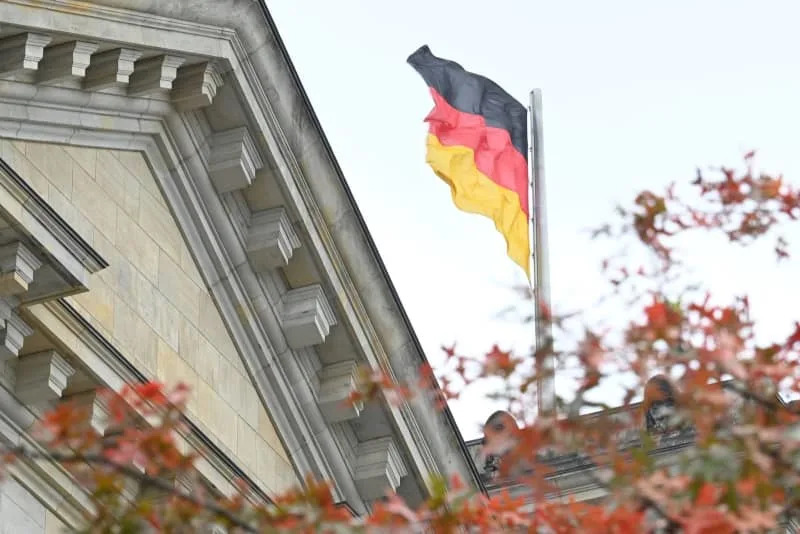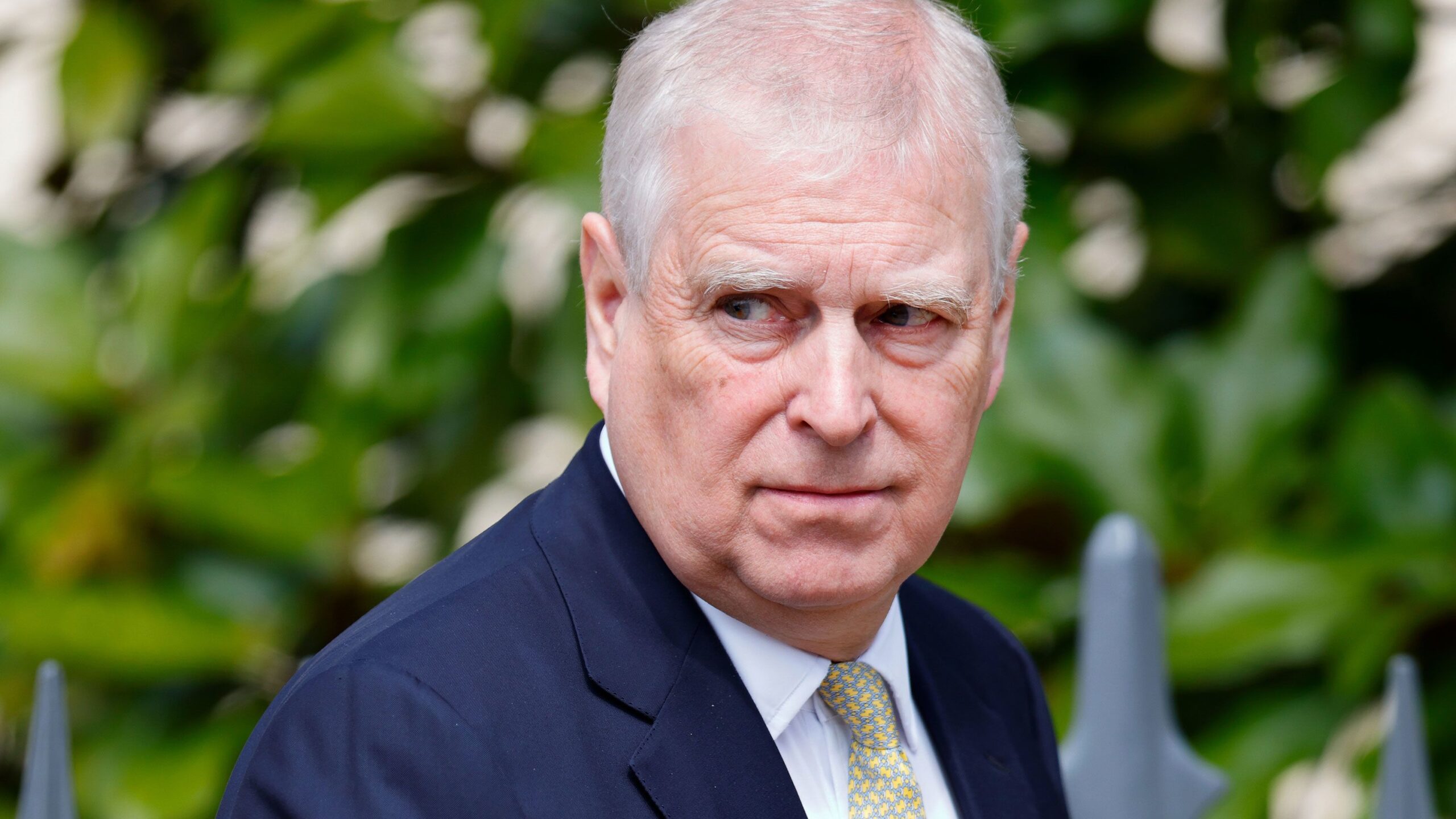Germany has temporarily recalled its ambassador to Georgia, Peter Fischer, for consultations, following concerns about the Georgian leadership’s actions against both the European Union and the ambassador personally. The announcement was made by the German Foreign Office on Sunday, which stated that this decision was taken due to ongoing tensions.
The Foreign Office’s statement noted that the situation warranted a reassessment of the relationship with Georgia, especially in light of the upcoming discussion on Georgia at the EU’s Foreign Affairs Council scheduled for Monday. This recall follows an official protest lodged by Germany more than two weeks ago regarding Fischer’s treatment by Georgian officials.
Background of Diplomatic Strain
The tensions began when Irakli Kobakhidze, the Prime Minister of Georgia, accused Fischer of meddling in the country’s internal affairs. This accusation stemmed from Fischer’s public criticism of the Georgian government, which has recently been characterized by a shift towards authoritarianism. The ambassador faced backlash after attending court hearings involving opposition figures, prompting the Georgian Foreign Ministry to summon him to Tbilisi at the end of September.
In the wake of the 2024 elections, which the ruling Georgian Dream party claimed to have won amid allegations of electoral fraud, the political climate in Georgia has been increasingly contentious. Following these elections, Kobakhidze announced the suspension of an article in the Georgian constitution that committed the country to closer ties with the EU, a move that sparked widespread protests across several cities, including the capital, Tbilisi.
Implications and International Response
The situation in Georgia has drawn attention not only within the country but also from international observers concerned about the erosion of democratic principles. The protests reflect significant public discontent regarding the government’s direction and its implications for Georgia’s relationship with Europe.
The recall of Ambassador Fischer highlights the growing diplomatic rift between Germany and Georgia. It underscores the importance that the European Union places on democratic governance and adherence to its values by potential member states. The decisions made in the coming days will likely influence Georgia’s future trajectory in relation to the EU and its international standing.
As the situation develops, the responses from both the German Foreign Office and Georgian leadership will be closely monitored by international stakeholders, particularly as the EU continues to evaluate its relationship with Tbilisi.






